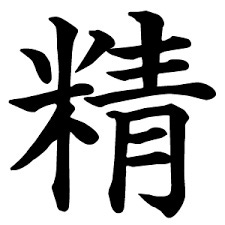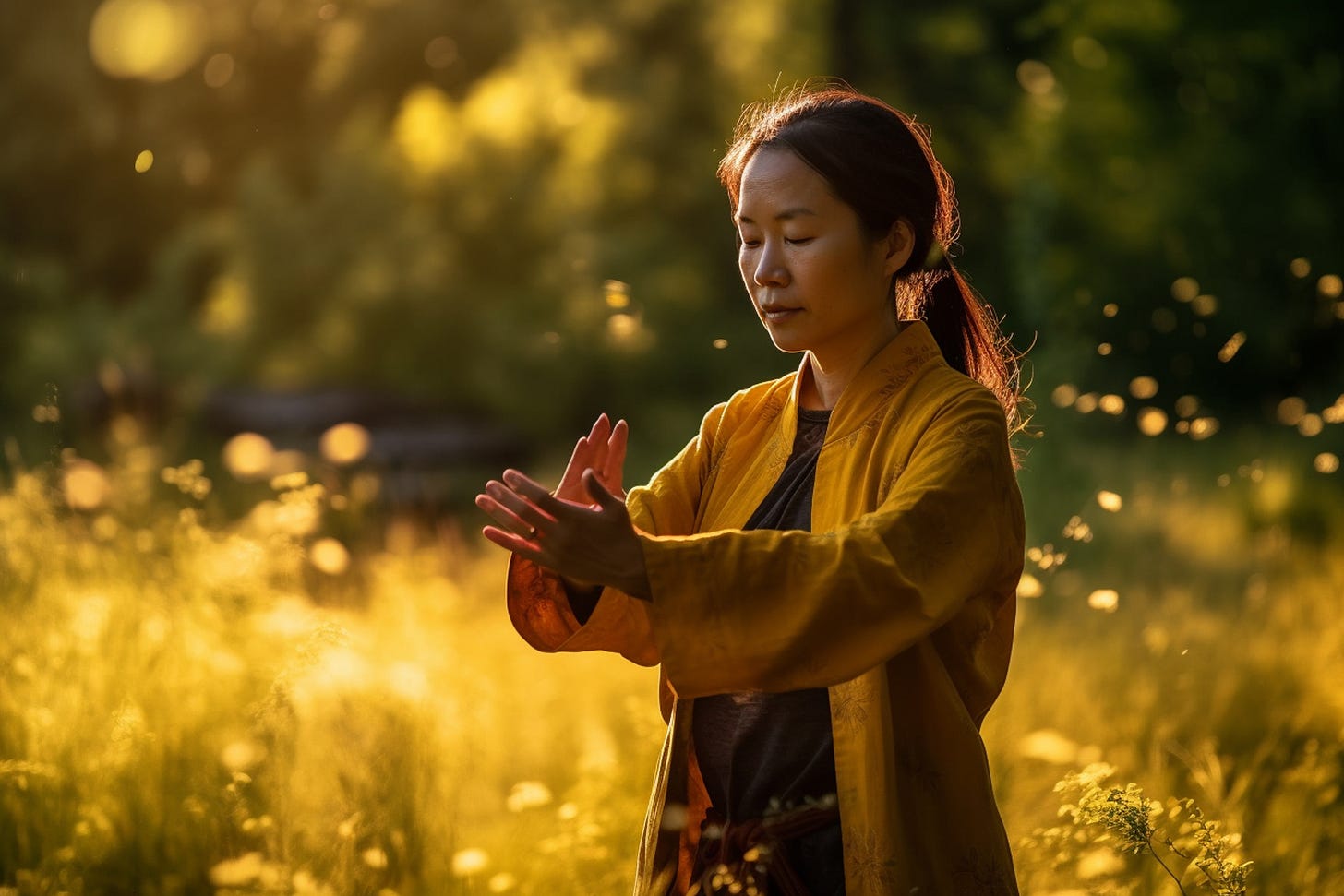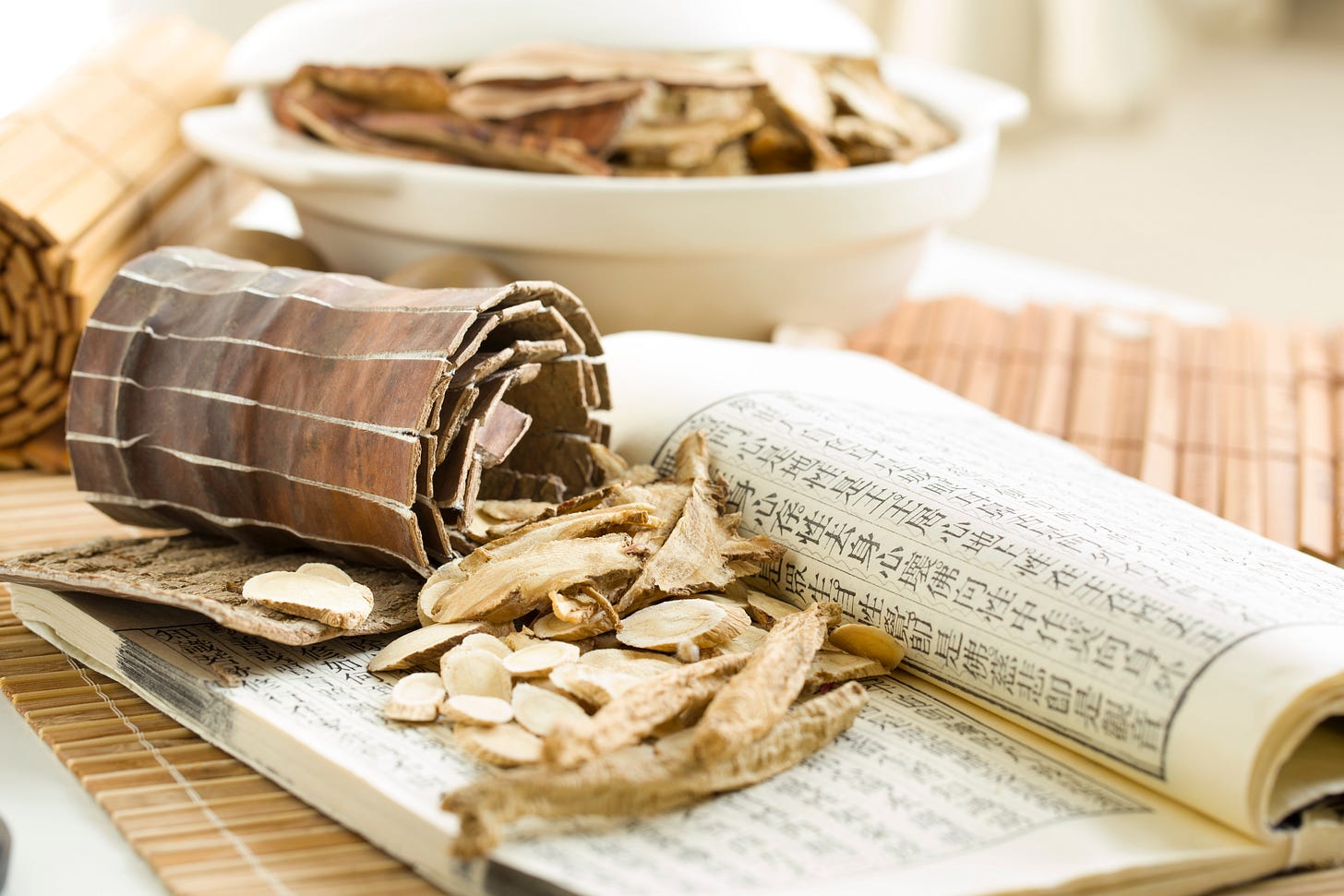What is Jing (Essence) in Traditional Chinese Medicine and Qigong?
Jing is a concept in Chinese medicine that refers to the essence or vital energy of the body. It is considered one of the Three Treasures, along with Qi (energy) and Shen (spirit), and is regarded as the foundation of life and health. Jing is often translated as "essence," but it encompasses more than just the physical aspect. It represents the fundamental substance that gives life and determines the quality and vitality of a person.
In Chinese medicine, Jing is believed to be inherited from our parents and stored in the kidneys. It is responsible for growth, development, reproduction, and overall constitution. Jing is divided into two forms: prenatal Jing and postnatal Jing. Prenatal Jing is received at conception and represents the potential and vitality we are born with. Postnatal Jing is acquired through diet, lifestyle, and environmental factors, and it is the Jing that can be replenished and preserved throughout our lives.
Jing is considered finite and depletes over time. It is believed that excessive stress, poor diet, overwork, excessive sexual activity, substance abuse, and emotional imbalances can accelerate Jing depletion. When Jing is diminished, it can lead to symptoms such as fatigue, premature aging, weak bones and teeth, infertility, and reduced sexual function.
Preserving and nourishing Jing is essential for maintaining optimal health and longevity. Chinese medicine offers various practices and treatments to support Jing. These include dietary recommendations, herbal remedies, acupuncture, qigong exercises, and lifestyle adjustments.
Diet plays a crucial role in Jing preservation. Foods that are considered beneficial for Jing include foods rich in vitamins and minerals, such as dark leafy greens, seaweed, bone broth, and organ meats. Additionally, foods that are considered to have warming properties, such as ginger and cinnamon, are believed to support the kidneys and Jing.
Chinese herbal medicine also offers a range of formulas to nourish Jing. These formulas often include herbs such as Rehmannia, Eucommia, He Shou Wu, and Dang Gui, which are believed to tonify the kidneys and replenish Jing. Herbal formulas are typically tailored to an individual's specific condition and constitution by a trained Chinese medicine practitioner.
Acupuncture and qigong exercises can also be used to support Jing. Acupuncture points and meridians related to the kidneys and reproductive system are stimulated to enhance the flow of Qi and blood and promote the health of the Jing.
Lifestyle adjustments are important for preserving Jing. Practices such as stress reduction, getting adequate rest and sleep, engaging in moderate exercise, and avoiding excessive sexual activity or substance abuse can help maintain and conserve Jing.
In conclusion, Jing is a fundamental concept in Chinese medicine that represents the essence or vital energy of the body. It is stored in the kidneys and plays a vital role in overall health, growth, and reproduction. Preserving and nourishing Jing is essential for maintaining vitality and longevity. Through dietary choices, herbal remedies, acupuncture, qigong, and lifestyle adjustments, individuals can support their Jing and promote optimal health. Consulting with a qualified Chinese medicine practitioner can provide personalized guidance and recommendations for maintaining and replenishing Jing.
For more information on how practices like Qigong and meditation influence mental and physical health, please head over to www.jadedragon.org.
If you found this post informative, we kindly request you to like, comment, subscribe, and share it with your friends and family. Spreading the word will help us reach more people, offering them the potential for improved health, strength, and peace of mind.





